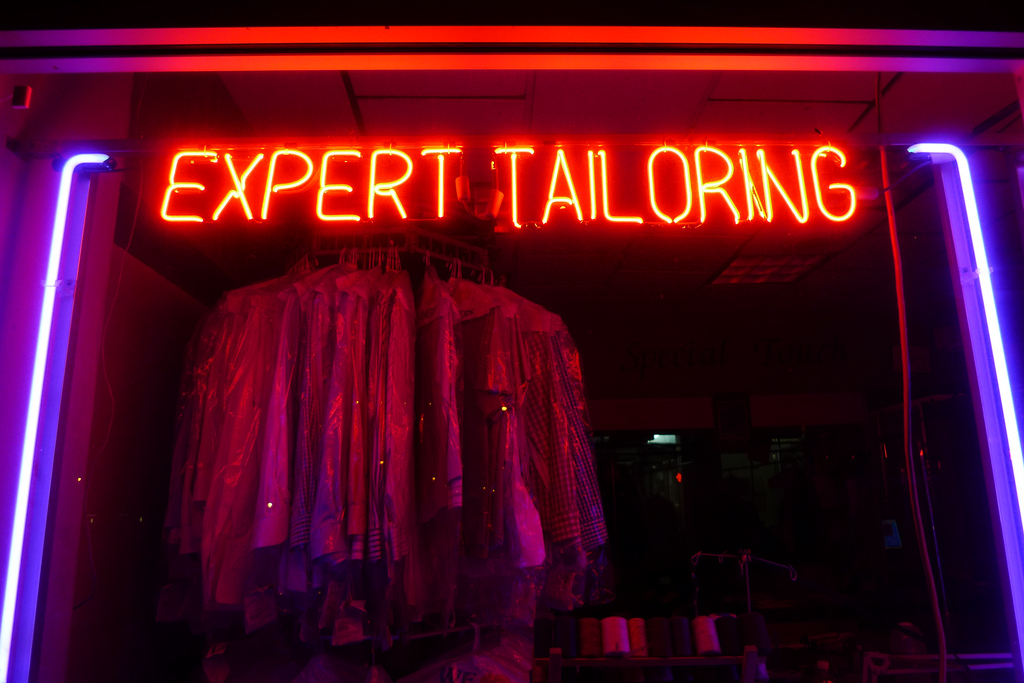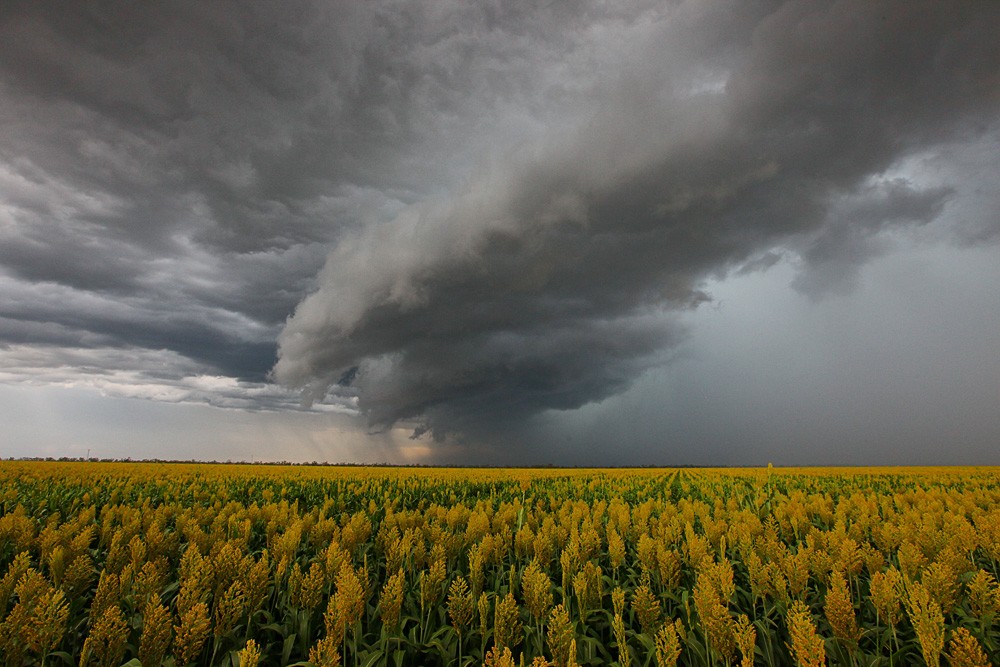
Much has been said about Facebook recently. With the social network’s recent invitation for media companies to host their content on Facebook, big brands (such as The New York Times, News UK and Business Insider) have had a lot to say about why it may or – most likely – may not be a good idea for publishers to jump at the opportunity. Sure, Facebook has 654 million daily mobile users and promises to share the ad revenue (percentage share has yet to be determined), but what about quality? While the conversation continues to swarm around quantity (referral traffic being the predominant worry and advertising revenue standing by its side), we are more concerned about quality – and what the blurring of editorial and advertising continues to do to it.
Allow us to be candid…
We are a small publication with a strong presence. Furthermore, our nature as a trade publication means that we serve a niche audience – that of branding professionals. Sure we have numerous readers that work across the board (marketing, advertising, digital, etc.) and globe, but our value still stems from the quality of our content.
Of course, we were there when Facebook altered its algorithm and numeric insights began soaring due to the new value that good content had been given. And we were thrilled. But slowly and surely, we began seeing those numbers decline. Organic reach? What organic reach? We had to deal with the same small percentage (stated as somewhere around an average of 6%) of organic reach that we could touch without advertising on the platform. Setting aside our decision of whether to pursue the advertising model or not, we can definitely say that we were a bit frustrated – but not overwhelmed. We continued to believe that if we stuck to our quality-focused initiatives, we would sustain a healthy amount of growth.
And we were right.
Our model has been deemed disruptive when it comes to content. Our columnists contribute their thought leadership to Brandingmag because they believe in partnership and collaboration. That’s right. No money involved. There is no sponsored content or self-promotion found in the writings of those global experts that you see gracing our content roster. We are their brand ambassadors as they are ours, and we intend to keep it that way. We do not wish to associate our editorial backbone with a direct translation to sales, but rather allow the revenue to then stream indirectly from subscriptions – which should only increase as the quality of content does.
SEE ALSO: Content for Today and Tomorrow: Theme-Driven vs. Campaign-Driven
Now, you may ask what this has to do with Facebook’s recent mobile content proposal. While the offering might make sense for some, it does not for us and here’s why. Quality plays a leading role in our desired growth and it has been built up on the pillars of authenticity – not greed. Sure, we could partner with Facebook and grow quicker (the same way we could spend all of our money attempting to reach its “organic” audience). We could have also accepted investment offers multiple times – but we did not. That’s because we believe that this takes time.
Valuable growth requires patience.
It’s funny, as Millennials, we are always spoken about as a generation that wants everything to happen quickly. And yet, here we are preaching the timeless effects of careful and comprehensive brand-building. And we know we’re not alone. From great creative directors leaving enormous agencies for start-ups all the way to Vine superstars declining to make million-dollar deals with megabrands, more and more branding influencers are seen advocating (whether through voice or action) the power of long-term vision and honesty.

While everyone speaks of the recent Facebook dilemma in numeric terminology (it’s “a tax on navigation” or a “shared revenue” scheme), we are more worried about adding yet another situation in which content (something that should be valued based on quality) is exchanged in quantitative metrics (more content, more revenue). We simply hope that we can be a testament to the fact that quality really can live harmoniously with quantity, that it is no longer a one-versus-the-other situation. Instead, we see high quantity as an added bonus – coming after rewarding collaborations, insightful content and positive engagement.
And, ironically enough, the more events we attend and professionals we speak with, the more we realize that everyone already knows this. Unfortunately, like many other predicaments, more time is spent talking about it than doing something about it. Whether it’s agency structures or company leadership, something seems to consistently stand in the way of brands walking the walk. It’s that same walk that they were talking about when they wrote their mission or vision statements, when they hired fantastic creatives or strategic consultants with brilliant minds, when they decided to better society with quality products or services. It’s all there – and consumers are asking, no begging, for it.
SEE ALSO: The 3 P’s Brands Must Embrace: People, Purpose, Participation

So, what are you waiting for?
Select your partnerships carefully. Set your KPI’s along the quality of your content, rather than how much of it you create. And never put all of your eggs in one basket. For example, diversify the platforms that you utilize to share your content and take a chance on those where your content simply fits. Sure, diversifying sometimes requires letting go of a really good thing, which in this case may be a great amount of Facebook referral traffic, but we can assure you that it works in building a solid foundation for future wellness and expansion. To be honest, our organic Google, Twitter and even StumbleUpon traffic rival Facebook referral traffic pretty well. Facebook is most certainly not the end-all, be-all.
Remember that, when it comes to brand quality, it’s a balance: Your branding success is based just as much on perception (narrative and sensibility) as it is on performance (targeted strategy and tangible executions). Never allow any external force to back you down from the quality stature that you set.
Trust us, people will notice.
Images: Facebook, Flickr, DownUnder Chasing, Sebastiaan ter Burg, Mike Leary


